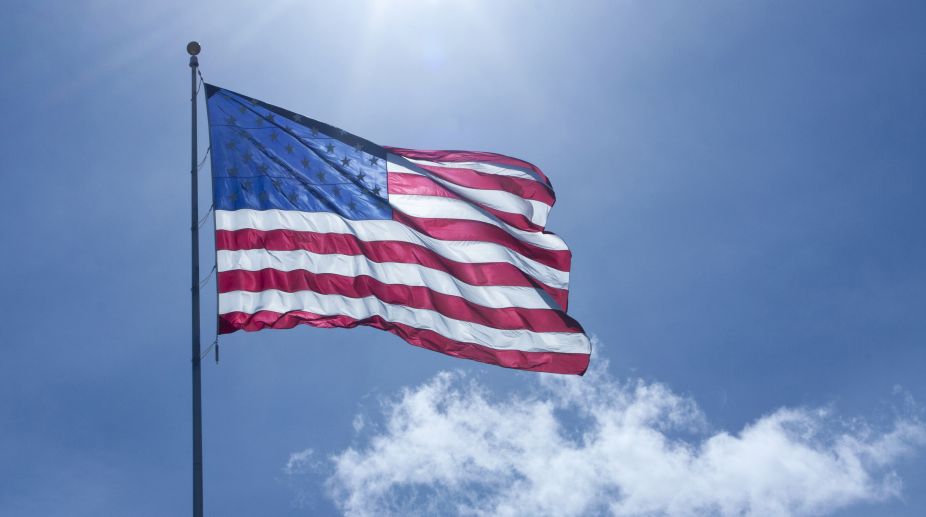Whichever side of the affirmative action debate one is on, the significance of the 29 June US Supreme Court decision which effectively ends affirmative action premised on raceconscious college admissions practices cannot be elided. It erodes 40 years of precedent and will have implications for similar policies across the world as national debates intensify on whether or not America has once again shown the way to a fairer society or has exhibited institutional bias which will deprive millions of underprivileged students of educational opportunities in the name of merit.
Critics of the decision argue that the 6-3 ruling in favour of favour of neutrality denies the USA’s history of racial injustice ~ “It condemns our society to never escape the past that explains how and why race matters to the very concept of who ‘merits’ admission,” Justice Ketanji Brown Jackson, the first black woman judge of the US Supreme Court, stated in her dissent. Those who have welcomed the verdict, however, iterate the apex court has recognised that affirmative action cannot be an endless, self-perpetuating loop.
Advertisement
Policies prioritising positive discrimination such as in admissions to institutes of learning, have a utilitarian purpose and are not just a moral imperative. If the purpose of the policy has been substantially even if not wholly met, it would be unfair on other students to continue implementing it for a particular group based on discrimination it was subjected to.
Further, those supporting the decision assert that while nobody is denying that black Americans have not faced ~ or do not currently face ~ a disadvantage in college admissions, a quota system is definitely and demonstrably a sub-optimal way of addressing and mitigating the problem.
The case before the US Supreme Court began in 2014, states a Brookings commentary, when a group called Students for Fair Admissions filed lawsuits against Harvard University and the University of North Carolina claiming that the universities practice discriminatory quota systems that unfairly penalise Asian-American and white students.
Harvard and UNC argued that they were exercising their constitutional and moral right to set diversity goals and consider race in admissions decisions in order to reach them. But the 29 June ruling establishes that among the many factors that go into admissions decisions, the use of race “must comply with strict scrutiny, may never be used as a stereotype or negative, and must ~ at some point ~ end.”
The end of affirmative action in US college admissions ought to get politicians and policymakers to start thinking about how to tap into the full spectrum of student talent in a systematic way rather than adopt the easy option of quotas. Focussing on fixing problems of underfunded schools, housing discrimination, and income inequality among America’s black population ought to be among the administration’s priorities to ensure talented students from underrepresented groups are not prevented from attaining higher education. That is the systemic change needed for a plurality of historically disadvantaged Americans to maximize their participation in the economy and democracy.









